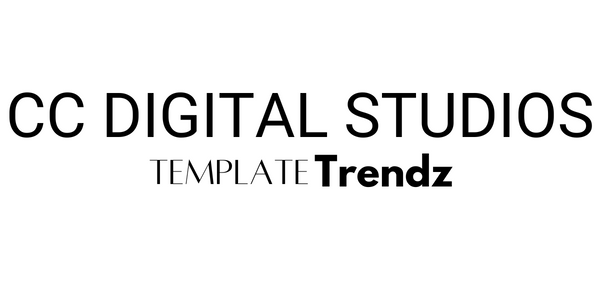Do you ever find yourself grappling with the right vocabulary to articulate a meaningful SOAP note, yearning for examples that resonate with the depth of your therapeutic interactions? Crafting a SOAP note that encapsulates the nuances of a client's journey can indeed be a challenging yet crucial aspect of mental health practice. As a dedicated mental health professional, you may be seeking not only guidance on the proper verbiage but also a deeper understanding of the artistry involved in documenting the therapeutic process. A SOAP note guide can be very beneficial for your therapeutic toolbox to fine tune your SOAP note writing skills.
In the realm of mental health therapy, effective communication is paramount. One crucial tool that aids in this process is the SOAP note. SOAP notes, which stand for Subjective, Objective, Assessment, and Plan, serve as a structured and comprehensive documentation method for mental health professionals. Let’s delve into the importance of understanding SOAP notes, explore the key components, and discuss why it's essential for mental health professionals to craft quality SOAP notes.
The purpose of SOAP notes is not only to record essential information but also to enhance communication and collaboration among professionals involved in a client's care.
Components of a SOAP Note:
Subjective (S): Begin with subjective observations, capturing the client's self-reported experiences, feelings, and thoughts. Include any relevant information provided by the client, such as changes in mood, sleep patterns, or life events.
Objective (O): Document observable and measurable data gathered during the session. Include the therapist's observations, behavioral cues, and any assessments conducted.
Assessment (A): Offer a professional analysis of the client's current mental health status based on the subjective and objective information. Highlight patterns, trends, or potential risk factors that may impact the client's well-being.
Plan (P): Outline the proposed course of action for future sessions. Detail any interventions, therapeutic techniques, or goals to be addressed in subsequent sessions.
Why It's Important to Write Quality SOAP Notes in Mental Health Therapy:
Enhanced Communication: SOAP notes provide a standardized format for sharing information among different professionals involved in a client's care, promoting clear and concise communication.
Continuity of Care: Well-documented SOAP notes ensure continuity of care by offering a comprehensive overview of the client's progress, history, and treatment plan. This is particularly crucial in case of transitions between therapists or healthcare providers.
Legal and Ethical Compliance: Quality SOAP notes serve as a legal and ethical safeguard for mental health professionals. Thorough documentation demonstrates diligence, adherence to standards of care, and accountability.
Informed Decision-Making: Accurate and detailed SOAP notes empower mental health professionals to make informed decisions about treatment strategies, adjustments, or referrals, ultimately benefiting the client's well-being.
Mastering the art of crafting quality SOAP notes is essential for mental health professionals to provide effective and comprehensive care. By understanding the purpose and components of SOAP notes, professionals can contribute to enhanced communication, continuity of care, and ethical practice. As mental health therapy continues to evolve, the importance of meticulous documentation cannot be overstated, making SOAP notes a valuable tool in the therapeutic arsenal.
As you embark on your journey toward mastering the art of SOAP note writing, we invite you to explore our comprehensive SOAP Note Writing Guide. Dive into a rich resource that not only provides invaluable examples and verbiage but also demystifies the dos and don'ts of SOAP note writing. Elevate your documentation skills to new heights. Your commitment to crafting quality SOAP notes is a testament to your dedication to providing exceptional mental health care. Visit our guide today and empower your therapeutic practice with enhanced communication and clarity in your documentation.
